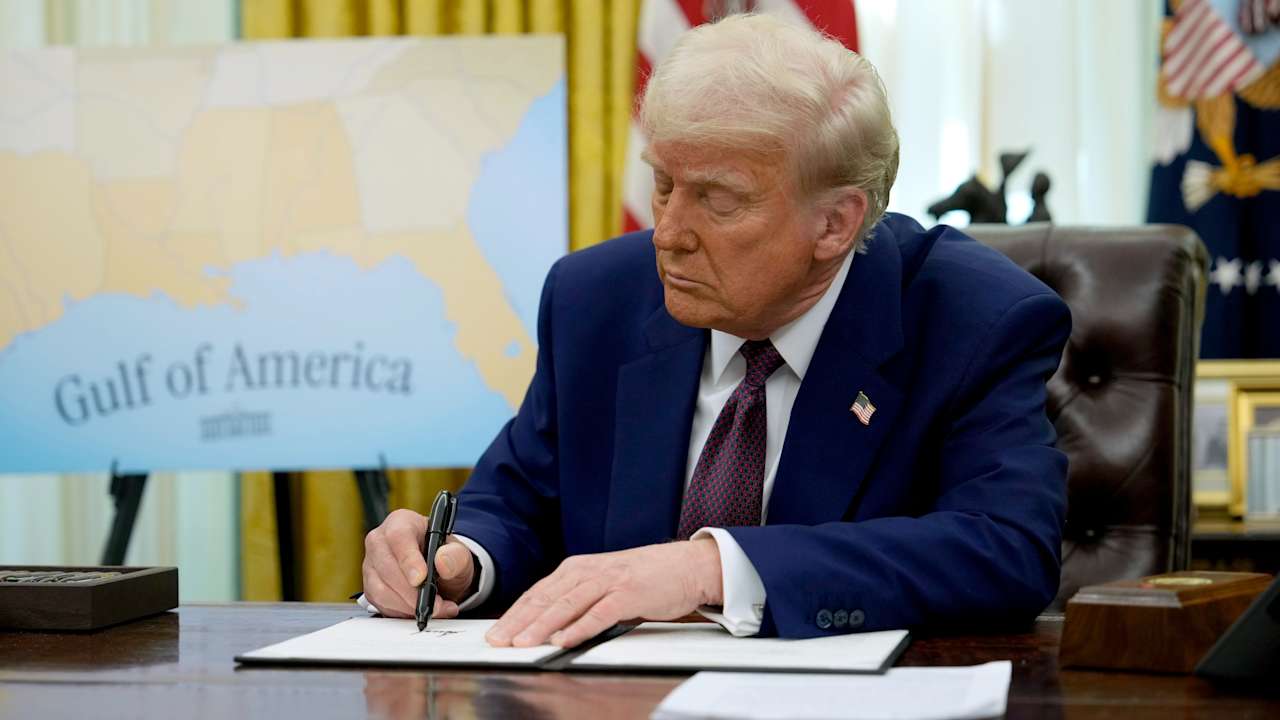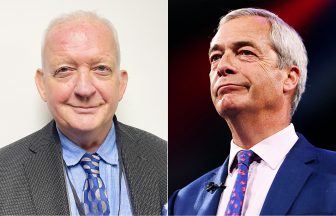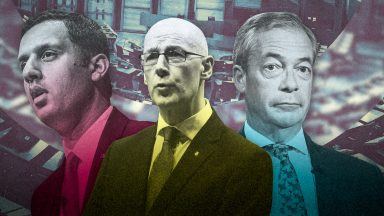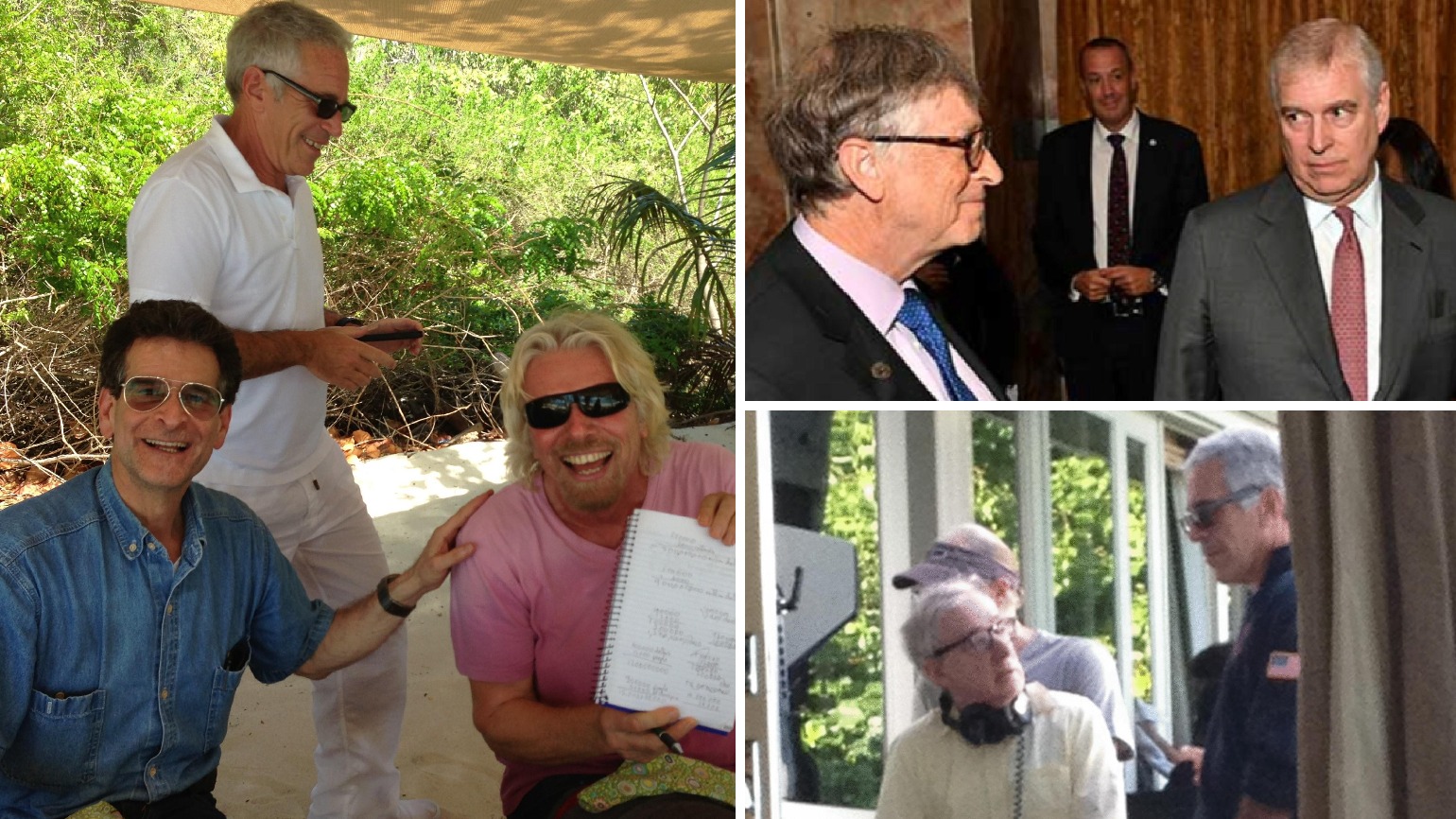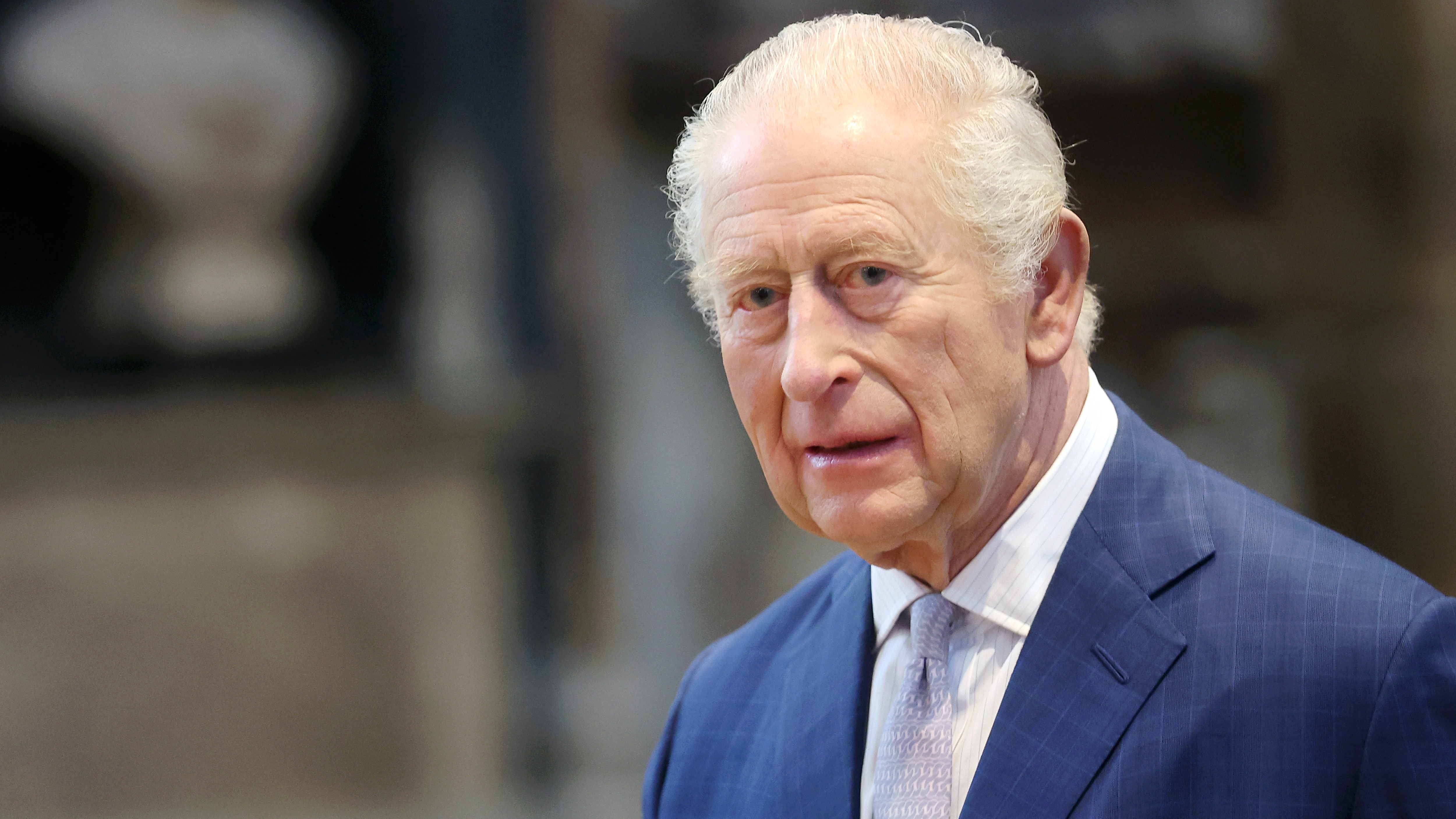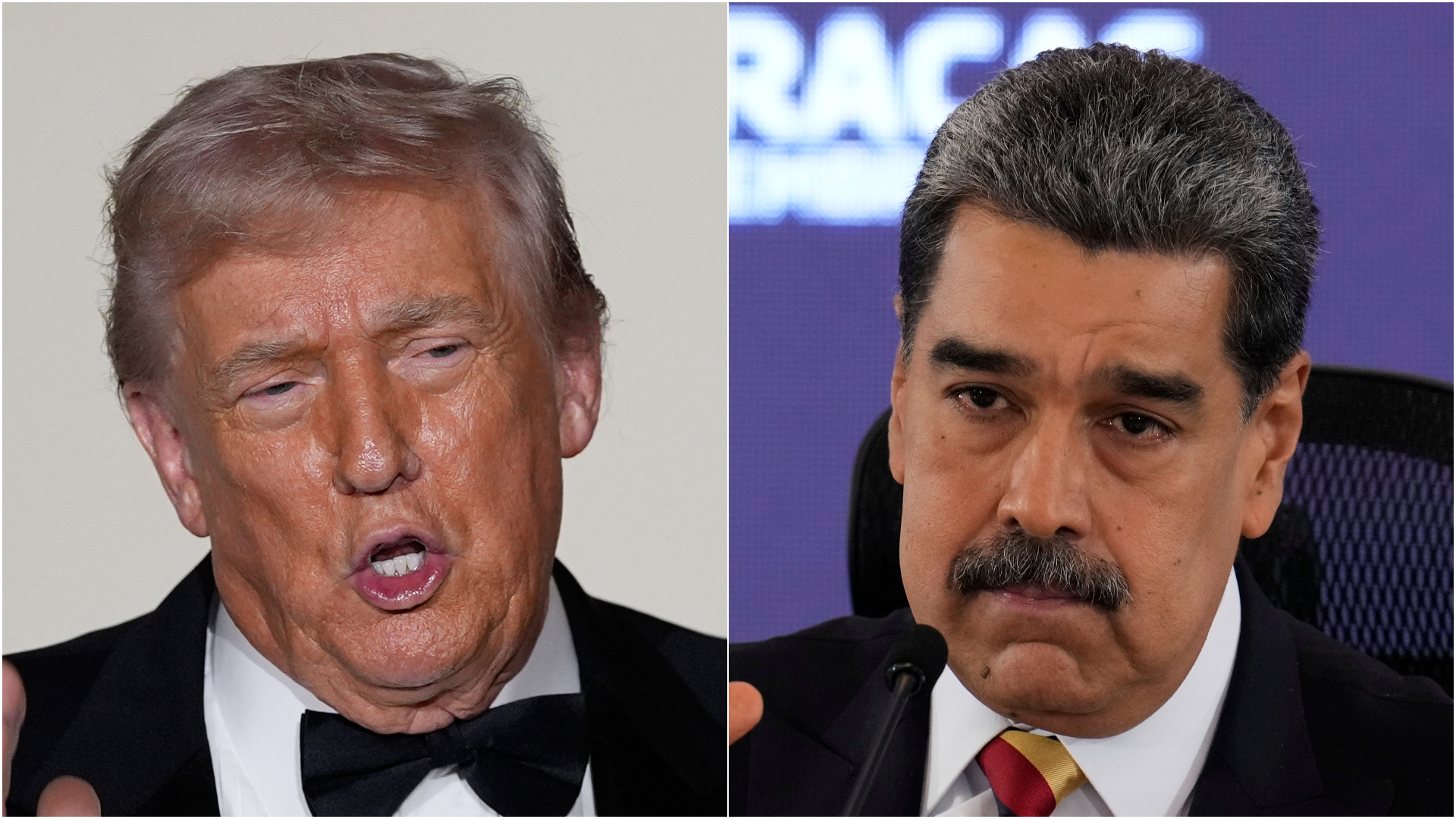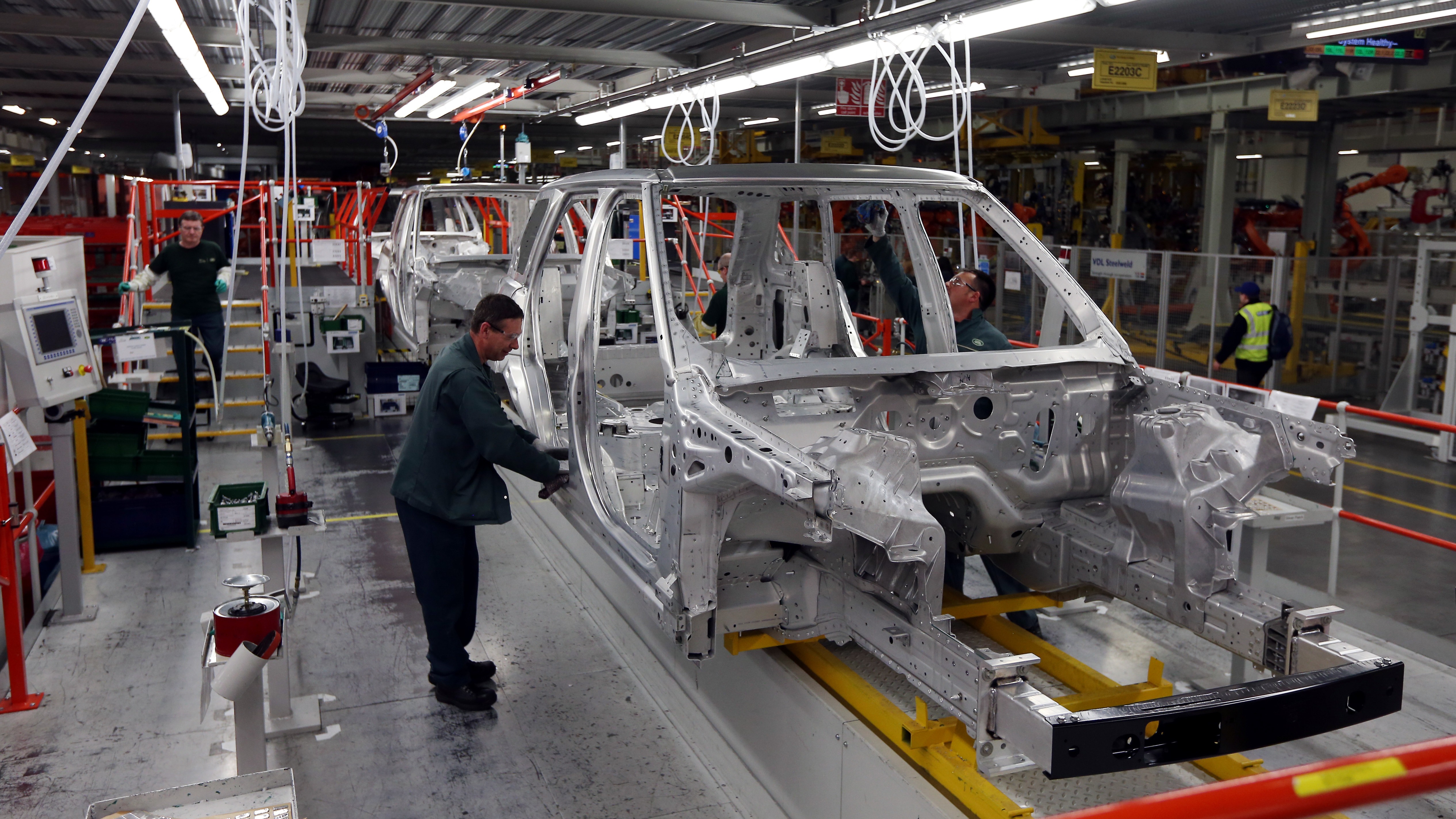President Donald Trump has sparked fears of a global trade war after the US president signed an order to put “reciprocal tariffs” in place, which threatens to impose tariffs as a retaliation for charging VAT on US goods.
“They charge us a tax or tariff and we charge them the exact same,” Trump told reporters on Thursday in the Oval Office before signing the “Fair and Reciprocal Plan.”
“Nobody knows what that number is unless you go by country,” Trump said.
The White House has argued that charging the same import taxes as other countries do would improve the fairness of trade, potentially raising revenues for the US government while also enabling negotiations that could eventually improve trade.
When asked how much he thinks the US will raise from tariffs annually, Trump said it would be a “staggering amount”.
Following his announcement, it was unclear how this would apply to the UK, especially as Trump suggested his policy regarded VAT as a tariff.
The wide-ranging police threatens retaliation not just for tariffs but for other non-tariff barriers and “unfair or harmful acts, policies or practices”.
These include subsidies, “burdensome regulatory requirements” on US businesses and restrictions on animal and plant products, possibly including UK food standards that prevent the import of some US goods such as chlorine-washed chicken.
The policy also explicitly mentions “value-added tax” as an “unfair, discriminatory or extraterritorial tax”, despite VAT being levied irrespective of whether a product has been imported or not.
Agencies will now investigate plans for new reciprocal tariffs that could boost America’s revenue, and then it is up to Trump to decide when to enact any of the new recommended tariffs.
In calculating what reciprocal tariff rate to levy on other nations, he said his administration will also be taking into account nations with value-added tax (VAT), which he labelled “far more punitive than a tariff.”
Trump said America needs a fairer trade policy that makes US goods more attractive on the market.
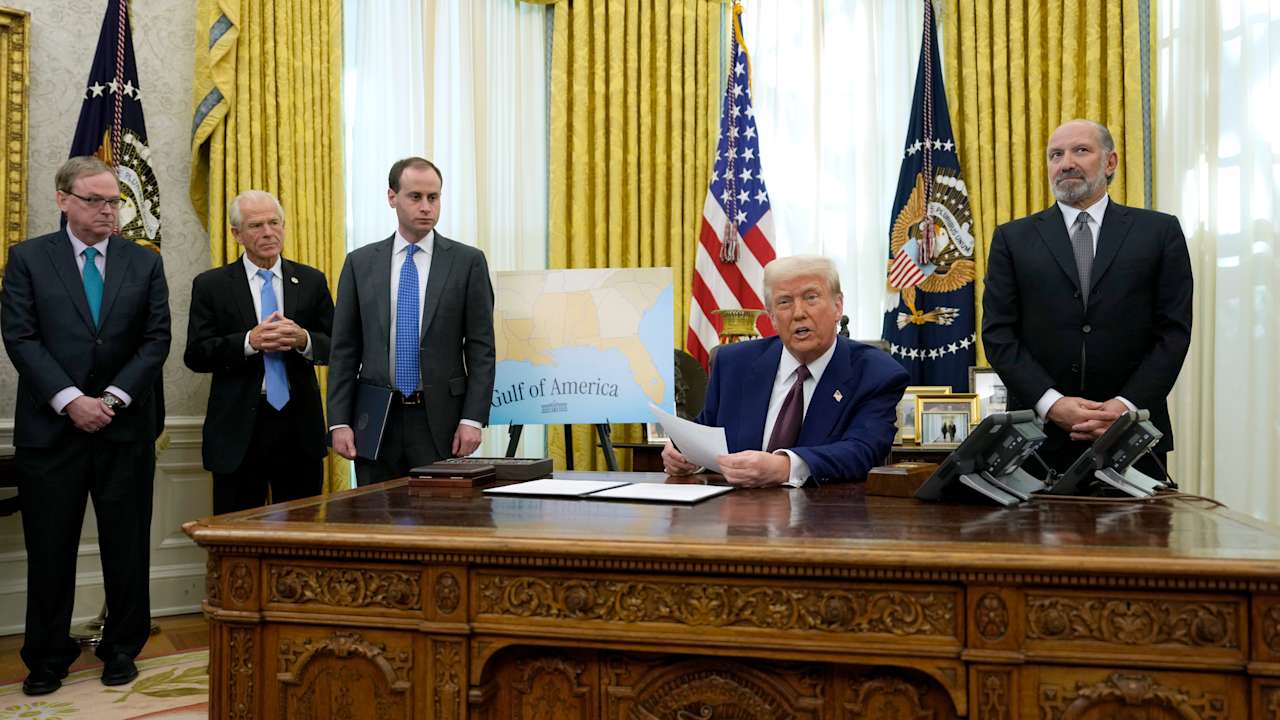
Since coming into office, Trump has put an additional 10% tariff on Chinese imports due to that country’s role in the production of the opioid fentanyl.
He also has readied tariffs on Canada and Mexico, America’s two largest trading partners, that could take effect in March after being suspended for 30 days.
On top of that, on Monday, he removed the exemptions from his 2018 steel and aluminium tariffs.
He has also suggested new tariffs on computer chips and pharmaceutical drugs.
In response, retaliatory tariffs could be put in place. China has now placed its own tariffs on US energy, agricultural machinery and large-engine autos as well as an antitrust investigation of Google.
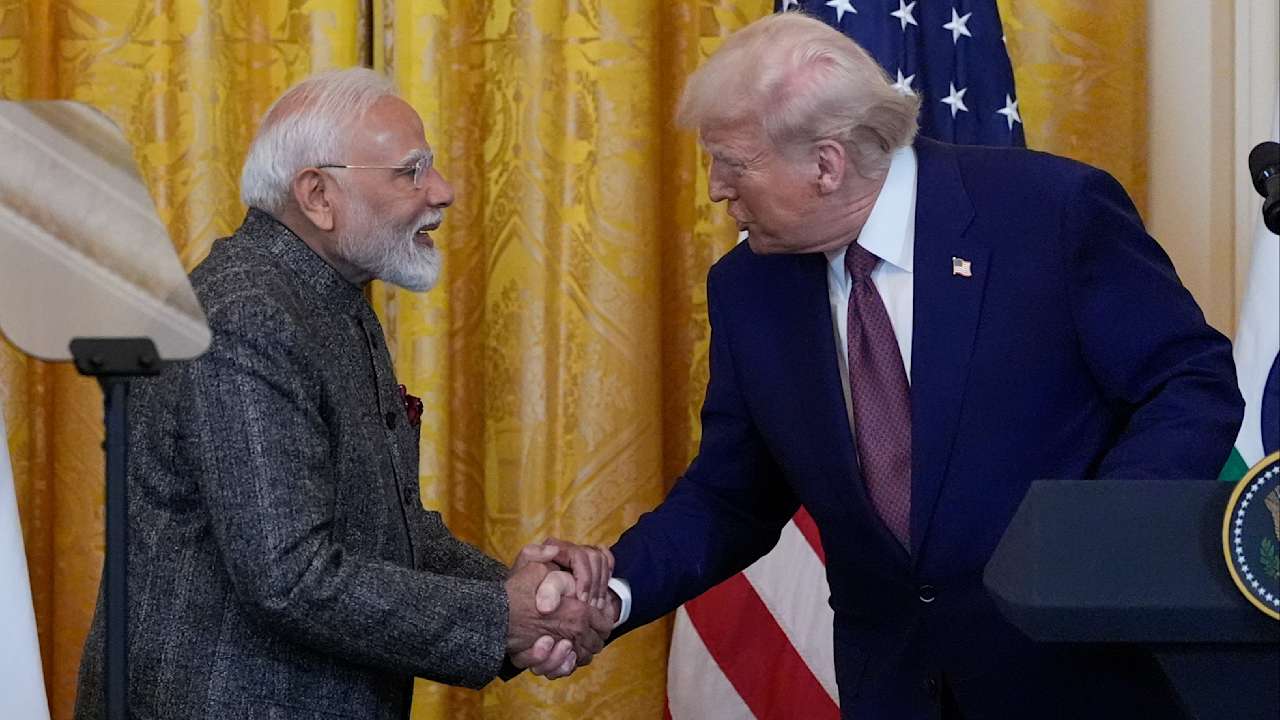
Trump’s announcement comes as he met with Indian Prime Minister Narendra Modi at the White House, calling him “a great friend of mine”.
However, he warned that India won’t be spared from higher tariffs and talked about ensuring that the US erases its trade deficit with them.
Trump, who had previously derided India as the “tariff king,” called the import levies imposed by Modi’s country “very unfair and strong.”
“Whatever India charges, we charge them,” Trump said at a joint news conference where he stood next to Modi.
“So, frankly, it no longer matters to us that much what they charge.”
Follow STV News on WhatsApp
Scan the QR code on your mobile device for all the latest news from around the country


